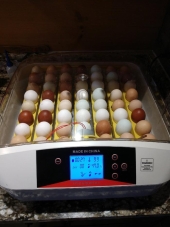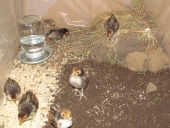














How permies.com works
What is a Mother Tree ?









How permies.com works
What is a Mother Tree ?































Growing a self sustainable home for ourselves us and future generations...




How permies.com works
What is a Mother Tree ?





Growing a self sustainable home for ourselves us and future generations...





How permies.com works
What is a Mother Tree ?









How permies.com works
What is a Mother Tree ?





How permies.com works
What is a Mother Tree ?






Growing a self sustainable home for ourselves us and future generations...






How permies.com works
What is a Mother Tree ?





|
The government thinks you are too stupid to make your own lightbulb choices. But this tiny ad thinks you are smart:
A rocket mass heater is the most sustainable way to heat a conventional home
http://woodheat.net
|


